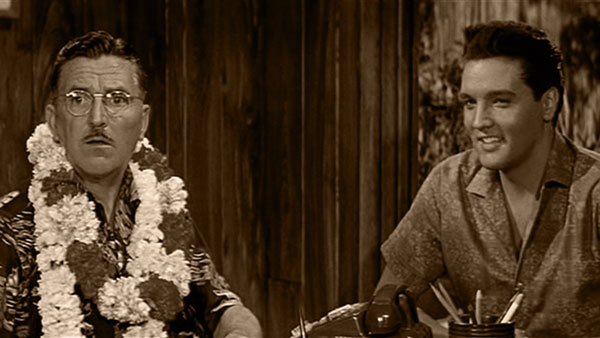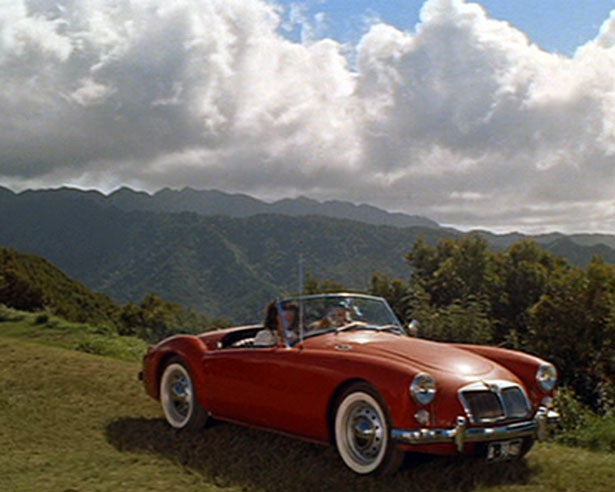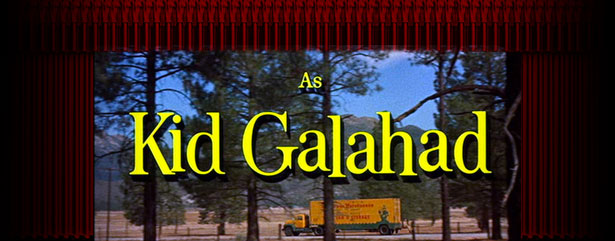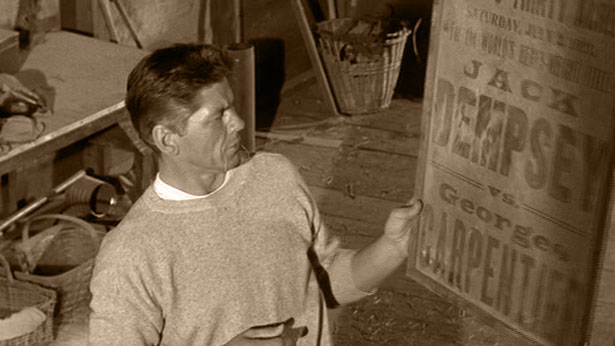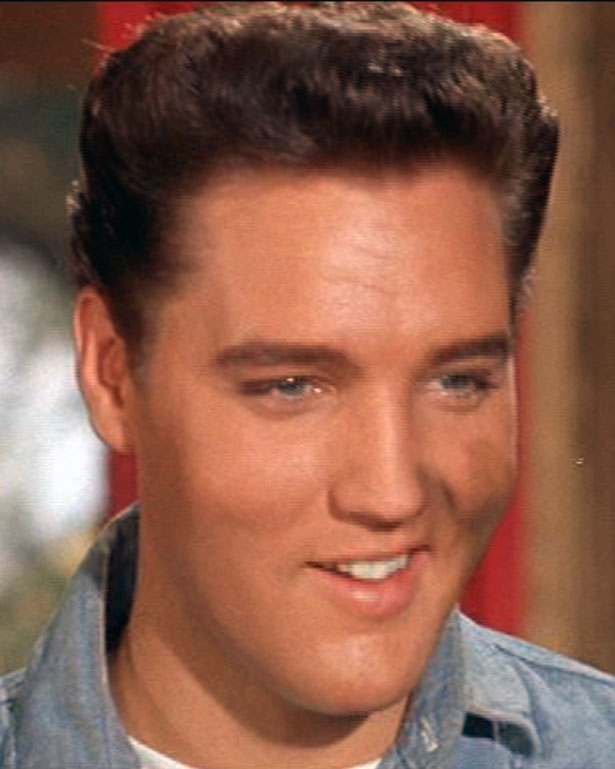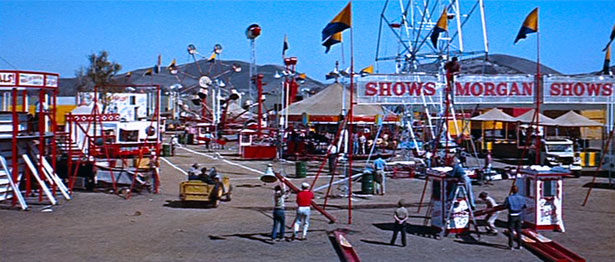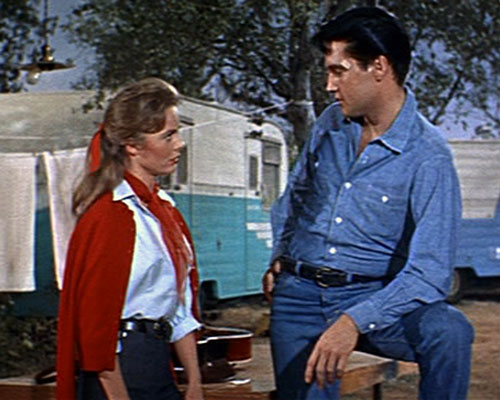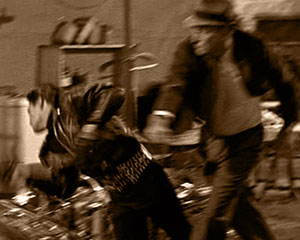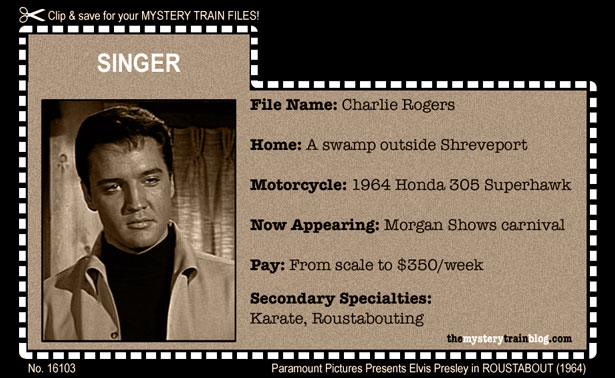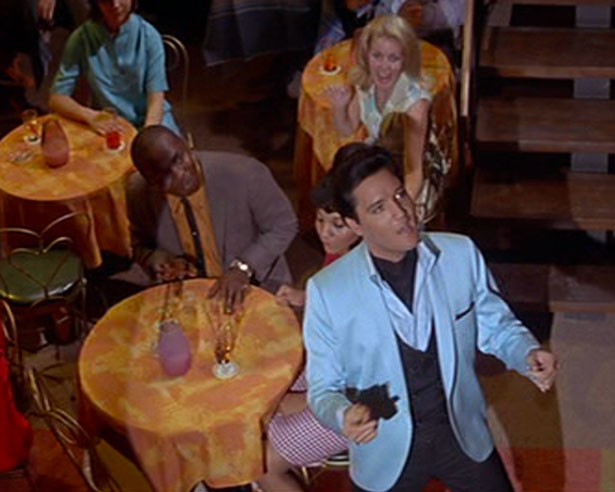Up next in my rewatch of Elvis Presley movies is Easy Come, Easy Go – his 23rd movie to be released.
“Excitement! Adventure under the sea! Skin-diving for treasure, adventure and fun!”

Easy Come, Easy Go (Paramount)
Wide Release: March 22, 1967 (United States)
Starring: Elvis Presley, Dodie Marshall, Pat Priest
Screenplay By: Allan Weiss, Anthony Lawrence
Music Score By: Joseph J. Lilley
Produced By: Hal B. Wallis
Directed By: John Rich
Running Time: 95 Minutes

1967’s EASY COME, EASY GO features multiple underwater scenes (Paramount)
Easy Come, Easy Go premiered only two weeks before Double Trouble, which was actually filmed first.
Elvis stars as Lieutenant Ted Jackson, a US Naval officer who serves aboard the USS Gallant, an Aggressive Class minesweeper. Ted is nearing the end of his military service and during his final Explosive Ordnance Disposal (EOD) mission, he discovers a sunken treasure chest. Wealthy Dina Bishop (Pat Priest) skippers a civilian boat in the area and deploys her boy-toy Gil Carey (Skip Ward) to obtain a photo of the Naval officer, interfering with Ted’s work.
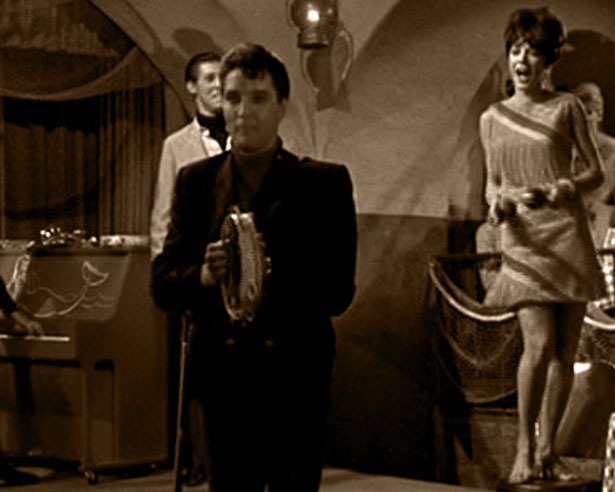
Elvis Presley is Ted Jackson and Dodie Marshall is Jo Symington in 1967’s EASY COME, EASY GO (Paramount)
Once he leaves the Navy, Ted is determined to raise the treasure chest. He enlists help from Judd Whitman (Pat Harrington) and Jo Symington (Dodie Marshall). Ted was former partners with Judd in a nightclub business, while Jo is a free spirit looking to open an art center with her share of the pending fortune. Both Marshall and Harrington are strong in their roles. Marshall, in particular, brightens the movie whenever she appears.
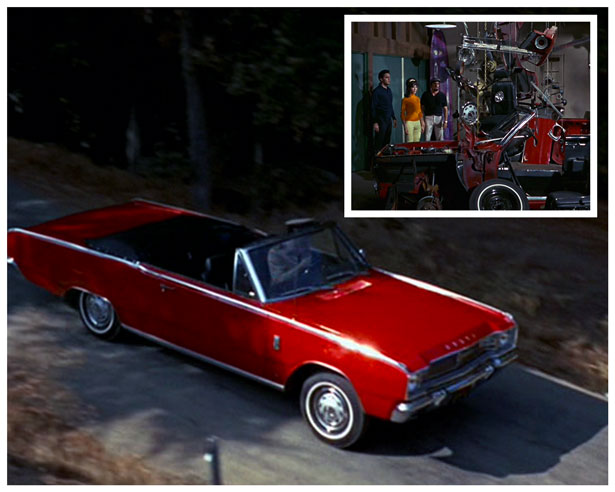
A 1967 Dodge Dart becomes a work of modern art in EASY COME, EASY GO (Paramount)
Dina and Gil find out about the treasure, too, and begin trying to thwart Ted’s plans in order to get the treasure for themselves. Gil’s motivation is that if he becomes wealthy through the treasure, Dina might begin treating him as an equal.
Jo and Ted are usually friendly to one another through most of Easy Come, Easy Go, but a romance between the two late in the film seems to happen only out of obligation to the Elvis movie formula rather than as a natural result of the story.

Elvis Presley is Ted Jackson in 1967’s EASY COME, EASY GO (Paramount)
Easy Come, Easy Go makes a good second movie in a double feature with Spinout, for Marshall appears briefly near the end of the latter (as a different character, for Elvis never made a sequel to one of his narrative films). In fact, Spinout was the Elvis movie released just prior to Easy Come, Easy Go, so her appearance almost acts as a kind of advertisement for the next movie in the Elvis Cinematic Universe.
Easy Come, Easy Go reflects the culture of its time by the mostly sexist ways it portrays women – the worst of which is exemplified by a dreadful musical number, “The Love Machine.” Navy men spin a wheel of fortune where the “prizes” are available ladies, complete with photos, measurements, and phone numbers.

Elvis Presley is Ted Jackson and Dodie Marshall is Jo Symington in 1967’s EASY COME, EASY GO (Paramount)
The movie includes a number of well-filmed underwater scenes, though they often drag on too long by modern standards – especially considering that the underwater version of “Ted Jackson” is not portrayed by Elvis. Though Elvis often did many of his own stunts in his movies, scuba-diving was not among his skillsets. At one point, Gil even attempts to kill Ted underwater – pretty intense for an Elvis movie.

Elsa Lanchester and Elvis Presley in 1967’s EASY COME, EASY GO (Paramount)
As for the music, there are no real stand-out numbers – at least not for the right reasons. The legendary Elsa Lanchester (Bride Of Frankenstein) appears briefly as a yoga instructor – just long enough to become one of the few people ever to sing a duet with Elvis. Unfortunately, “Yoga Is As Yoga Does” is a disservice to both stars, and I’ll just leave it at that.
Ted performs “Easy Come, Easy Go” during the opening credits on a small Navy boat – even using a paddle to play air guitar along to an unseen background music source (Elvis movies had long ago given up trying to make such scenes make logical sense).

Ted Jackson (Elvis Presley) tries to part the waters of a crowded party in 1967’s EASY COME, EASY GO (Paramount)
Faring better in the music department are “Sing You Children,” an inspirational number that Ted uses to “part the waters” of a crowd and “I’ll Take Love,” which serves as the film’s finale.
Easy Come, Easy Go is a good example of an average Elvis movie. It is not very ambitious, but it manages to entertain.

Elvis Presley is Ted Jackson in 1967’s EASY COME, EASY GO (Paramount)
Boldly Go
Shari Nims, who played Mary, one of Dina’s friends, in 1967’s Easy Come, Easy Go, appeared as Sayana, a Vaalian, later that same year in the Star Trek episode “The Apple.”
I knew where Nims was in Star Trek, but I sure couldn’t find her in Easy Come, Easy Go. Instead, my friend and Elvis movie superfan Gary Wells over at SoulRide Blog tracked down one of her scenes for me. Thanks, Gary!

Shari Nims is Mary in 1967’s EASY COME, EASY GO (Paramount)
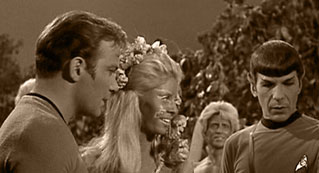
William Shatner is James T. Kirk, Shari Nims is Sayana, and Leonard Nimoy is Spock in the 1967 STAR TREK episode “The Apple” (Paramount)
Easy Come, Easy Go Tote Board
- Punches: 11
- Songs: 6
- Kisses: 5
Songs In Easy Come, Easy Go
- “Easy Come, Easy Go” (1966), written by Sid Wayne & Ben Weisman
- “The Love Machine” (1966), written by Gerald Nelson, Fred Burch, & Chuck Taylor
- “Yoga Is As Yoga Does” (1966), performed with Elsa Lanchester, written by Gerald Nelson & Fred Burch
- “You Gotta Stop” (1966), written by Bill Giant, Bernie Baum, and Florence Kay
- “Sing You Children” (1966), written by Gerald Nelson & Fred Burch
- “I’ll Take Love” (1966), written by Dolores Fuller & Mark Barkan
The Mystery Train’s Easy Come, Easy Go Scorecard
- Story: 4 (out of 10)
- Acting: 5
- Fun: 7
- Songs: 5
- Overall: 5 (For Elvis Fans Only)
Easy Come, Easy Go Around The Web
- SoulRide Blog – “Easy Come, Easy Go (1967)” by Gary Wells
- Graceland.com – “Starring Elvis Presley Podcast: ‘Easy Come, Easy Go'” featuring Savannah Faircloth and Sheena Barnett
- ScottyMoore.net – “1961(2) Gibson SG Standard (used in Easy Come, Easy Go)” by James V. Roy
- BrianRxm – “Coins In Movies: Easy Come, Easy Go”
- Smug Film – “Jenna Does Elvis #12 – Easy Come, Easy Go (1967) / Double Trouble (1967)” by Jenna Ipcar
- The Sheila Variations – “A very confused (and confusing) party” by Sheila O’Malley
- Graceland.com – “Elvis Presley’s ‘Easy Come, Easy Go’ Turns 50”
- StarTrek.com – “Catching Up with TOS Guest Star Shari Nims”
- Elvis Information Network – “Elaine Beckett Interview” by Piers Beagley
- Internet Movie Cars Database – “Easy Come, Easy Go, Movie, 1967”
“Then Moses raised his hand over the sea, and the LORD opened up a path through the water with a strong east wind. The wind blew all that night, turning the seabed into dry land. So the people of Israel walked through the middle of the sea on dry ground, with walls of water on each side!”
Exodus 14:21-22 NLT






